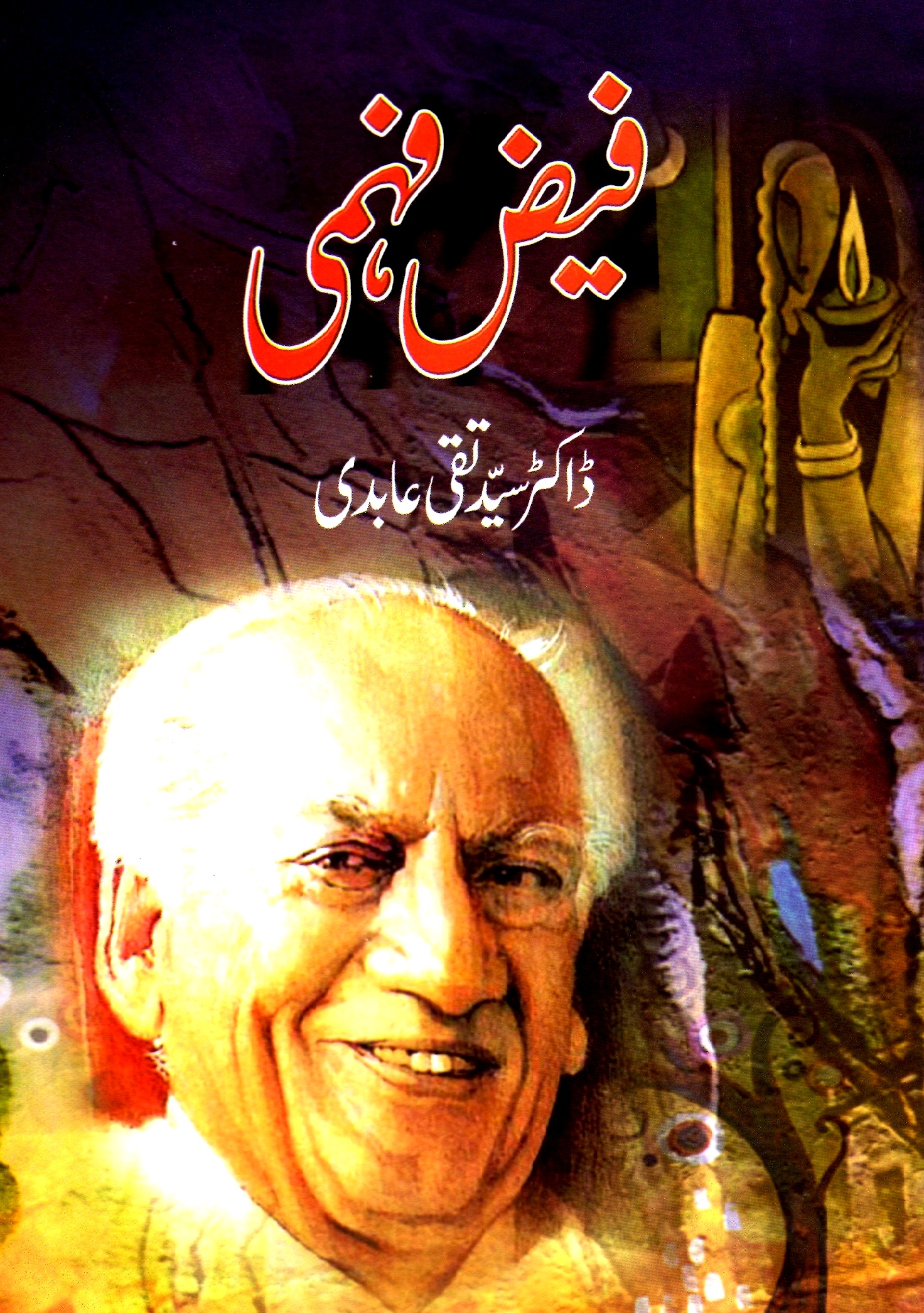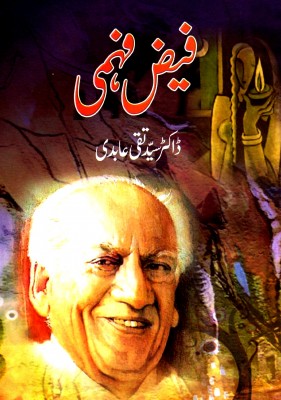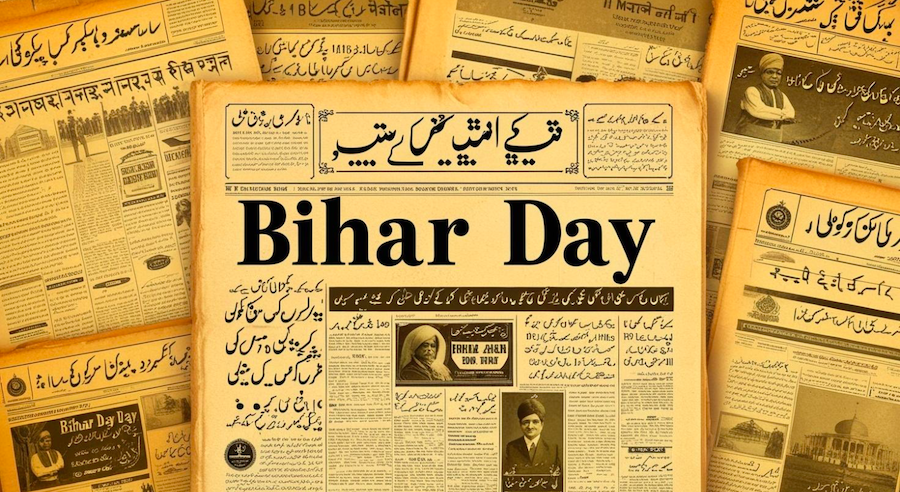By Ayub Khan
Pigeon-holing writers and poets in particular literary schools or movements has been the great tragedy of Urdu literature. Such neat compartmentalization has resulted in the failure to capture the depth and breadth of a poet’s message which has often tended to transcend such boundaries. This is best reflected in the critical appraisal of poets who were associated with the Progressive Writer’s Movement. Despite the fact that they drew on a diversity of inclinations and inspirations they are often relegated or alternatively celebrated for their rejection of tradition and conformism. Dr. Taqi Abedi, the Toronto based scholar, bucks this trend by offering a more holistic review of the life, thought, and work of Faiz Ahmed Faiz in the new book Faiz Fahmi.
In this 1400 page chest-breaking tome are 162 articles on various aspects of Faiz by both Abedi and other scholars including Gopi Chand Narang, Shams ur Rahman Faruqi, Shan ul Haq Haqqi, Shamim Hanafi, Sajjad Zaheer , etc . While all articles are worth reading, the 41 articles written by Abedi stand out for their exploration of many untouched aspects of Faiz.
On the sensitive issue of Faiz’s religion Abedi shows that despite his Marxist inclinations he remained a Muslim and often drew on Islamic themes in his poetry. He had memorized around three parts of the Holy Qur’an in his childhood and regretted later that he couldn’t do it in its entirety due to the strain in his eyes. His first public appearance was at the age of five as a qari at the annual function of Anjuman-e-Islamia. From the age of eight to the year he first went to college he would regularly pray at the local mosque and listen to dars of Maulana Ibrahim Sialkoti. He had even completed a year long course of Jamia Ashrafia taught by Mufti Muhammad Hussain. All his life events, including his marriage to Ellis Catherine, were conducted according to Islamic rites. He himself claimed, and this was testified by others, that he would give lessons of Qur’an and hadith to fellow prisoners. The strict categorization of Faiz into the “Communist camp” limits one’s understanding of his multidimensional personality. Perhaps his religious inclinations are best represented in his claim (in a letter to his wife) that he was an “inhibited sufi.”
His Islamic identity came into full force in his poetry when during the Arab-Israeli war of 1967 he wrote his famous nazm ‘Sirr Wadi-e-Sina.’ His other nazm “Mujaideen-e-Falstin Kay Naam” has Quranic verses interspersed throughout: “Haqqa hum jeetengay/Qad jaa al Haq wa zahqal batil.” His nazm on the Islamic revolution in Iran has the title from the Qur’anic verse “Wa Yabqa Wajhu Rabbik.” Abedi brings to light the much neglected religious poetry of Faiz including hamd, naat, and marsiya.
Abedi’s admiration of Faiz doesn’t in any way come in his unbiased analysis and is reflected in the chapter dedicated to mistakes in his poetry. In his comparison of Faiz and Josh he lists their strengths and weaknesses with falling in the groupist trap of “Faiz Bada Ya Josh Bada.”
Following in his earlier work on Iqbal’s diseases Abedi has a complete chapter on Faiz’s compiled from his letters. He has also compiled a list of all the books that Faiz had read in his later years. This gives keen insights into the development of his thought. It appears he was voracious reader who devoured everything from the poems of Shah Abdul Latif Bhitai and the works of Sarvepalli Radhakrishna to the works of Upton Sinclair and Arnold Toynbee.
To supplement the exhaustive text Faiz Fahmi comes with scores of rare pictures of Faiz with various luminaries. It also has illustrations of his works by Sadiquain and other prominent artists. This exhaustive work is truly an encyclopaedia and is destined to prove indispensible to anyone planning to understand Faiz.
Its value could have been even more enhanced had it included a chapter on Faiz’s adversaries. As is well known Faiz had a jovial personality and did not liked to entangle himself in personality clashes. His adversaries, however, were not kind. Ismat Chughtai, for instance, knew Faiz and deeply disliked him. It is often said that in her semi-autobiographical Terhi Lakir the unacharitable portrayal of the progressive poet is based on Faiz. This character in his zeal to portray a progressive image (unkempt hair)becomes inactive in conventional politics. It would have been interesting to see how his other adversaries viewed and portrayed him.
Title : Faiz Fahmi
Author: Dr. Syed Taqi Abidi
Pages: 1424
Publisher: Multi Media Affairs, 21-Nand St, Sham Nagar, Chowburji, Lahore-54505










